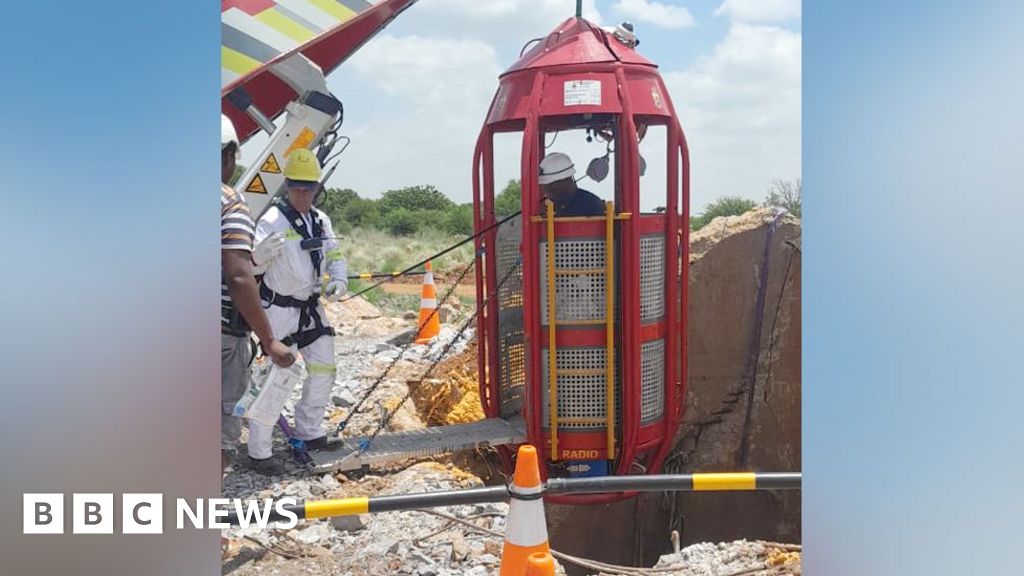It is not a story about political correctness or right-wing opportunism. It is a story about justice denied
For years, Britain’s grooming gangs scandal has been an open wound on the nation’s conscience. It is a tragedy that saw vulnerable young girls, often from disadvantaged backgrounds, subjected to systematic sexual abuse and trafficking by organized gangs. And yet, the extreme criminal activity has been repeatedly downplayed by high-ranking officials and sections of the media, who have sought to obscure the gravity of the crimes under a veil of political correctness and concerns about politicization. However, the tide has turned – and Keir Starmer’s Labour leadership is now facing a reckoning.
This seismic shift in public scrutiny has been catalyzed by, of all people, Elon Musk. His high-profile criticisms of Starmer for allegedly failing to confront the scandal head-on have reignited the debate around grooming gangs, dragging the issue back into the public eye. Musk’s intervention, while polarizing, has been impossible to ignore. By accusing Starmer of prioritizing political expediency over justice for the victims, Musk has brought the failures of the UK’s political and judicial elite into sharp focus.
The era of obfuscation is over
For years, attempts to address the grooming gangs scandal have been hampered by a toxic combination of institutional failure, fear of stigmatizing minority communities, and a reluctance to confront uncomfortable truths. The fact that many of the perpetrators were of Pakistani origin has often been sidestepped in official narratives, with some commentators going so far as to accuse those who raised this aspect of harboring far-right agendas. These accusations have been a convenient tool for deflecting criticism, allowing officials to dismiss legitimate concerns as mere political grandstanding.
But such obfuscation can no longer hold. The scale of the abuse, the systemic failures that allowed it to flourish, and the harrowing testimonies of victims are too overwhelming to ignore. The grooming gangs scandal is not a question of ethnicity or religion; it is a question of accountability. The perpetrators exploited their communities’ insularity and cultural practices to evade detection, but the real failure lies with the institutions – the police, social services, and local councils – that turned a blind eye.
Starmer’s position under fire
Keir Starmer’s record on this issue has come under increasing scrutiny. During his tenure as Director of Public Prosecutions, questions were raised about the Crown Prosecution Service’s handling of grooming gangs cases. More recently, as Labour leader, Starmer has been accused of attempting to sidestep calls for a new national inquiry into the scandal. His reluctance to act decisively has been interpreted by critics as an attempt to avoid alienating key voter blocs or a stoking of racial tensions.
Musk’s intervention has amplified these criticisms. By publicly questioning Starmer’s commitment to justice for the victims, Musk has forced the issue back onto the agenda, exposing the inadequacies of previous investigations and the lack of transparency surrounding the scandal. Starmer’s dismissive response–branding such calls for accountability as aligning with far-right narratives–has only added fuel to the fire. It is a tactic that no longer holds water in the face of mounting public anger.
Political correctness as a shield
The UK’s reluctance to confront the grooming gangs scandal head-on stems in part from a well-intentioned but ultimately misguided fear of appearing racist or xenophobic. This hesitancy has been exploited by perpetrators and enabled by institutions that preferred to avoid the spotlight. The result has been a decades-long failure to protect vulnerable children and hold abusers accountable.
This failure is not just a moral failing; it is a systemic one. The reluctance to acknowledge the cultural factors at play – without vilifying entire communities – has allowed the abuse to continue unchecked. It has also created a vacuum that far-right groups have been all too eager to fill, weaponizing the scandal to advance their own agendas. This has further muddied the waters, allowing officials to dismiss legitimate criticisms as extremist rhetoric. But the facts remain: systematic abuse occurred, and it was allowed to flourish because of institutional cowardice.
A reckoning long overdue
Britain’s grooming gangs scandal is not a story about political correctness or right-wing opportunism. It is a story about justice denied. It is a story about young girls betrayed by the very systems meant to protect them. And it is a story that demands accountability – from the perpetrators, from the institutions that failed to act, and from the politicians who have sought to downplay its significance.
Starmer’s Labour leadership now finds itself at a crossroads. The public will no longer accept excuses or deflections. Calls for a comprehensive national inquiry into the grooming gangs scandal are growing louder, and the pressure to act decisively is mounting. Starmer’s attempts to sidestep the issue by framing it as a far-right talking point have backfired spectacularly. The truth is that justice for the victims transcends political divides. It is not a matter of left or right; it is a matter of right and wrong.
The way forward
The UK cannot afford to repeat the mistakes of the past. The grooming gangs scandal must be confronted with honesty and transparency. This means acknowledging the cultural and institutional factors that allowed the abuse to thrive, without resorting to scapegoating or deflection. It means holding those in power accountable for their failures, no matter how uncomfortable it may be. And it means ensuring that the voices of the victims are finally heard and acted upon.
The lid has been blown off the grooming gangs scandal, and it cannot be closed again. The time for excuses is over. Justice must be served.
The statements, views and opinions expressed in this column are solely those of the author and do not necessarily represent those of RT.

 17 hours ago
3
17 hours ago
3












 English (US) ·
English (US) ·